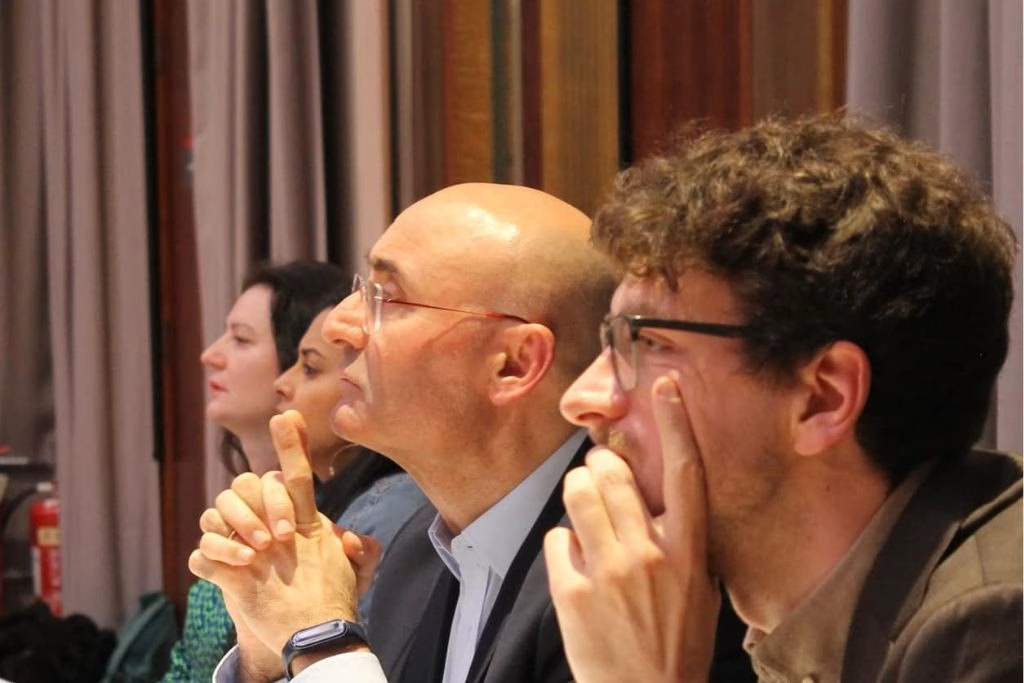
The performing arts hold a unique place within society, serving not only as entertainment but also as powerful tools for social engagement, education, and community development. Recognizing this potential, the University of Malta’s School of Performing Arts recently hosted its 11th Annual Conference, focusing on the theme of making art more relevant to society. This gathering brought together artists, researchers, and industry professionals from across the globe to explore innovative approaches for increasing the societal impact of performing arts.
Bridging Art and Society: The Core of Modern Performing Arts
At the heart of the conference was the imperative to integrate performing arts into various sectors such as healthcare, education, and community development. Professor Philip Ciantar, Director of the School of Performing Arts, emphasized that “we need to make the performing arts more relevant to society by integrating them and strengthening their role in hospitals, eldercare homes, schools, and communities—ultimately enhancing their value and impact.”
This focus underscores a shift from viewing the arts solely as cultural expressions to recognizing them as essential components of societal well-being and resilience. By embedding performing arts into everyday social contexts, practitioners can foster inclusion, healing, and emotional expression among diverse populations.
Engagement and Participation: Driving Societal Relevance
One of the key themes discussed was increasing audience participation. The conference showcased innovative methods, such as the use of artificial intelligence (AI) and interactive performances, to engage audiences more actively. For example, interactive theatre pieces that adapt in real-time based on audience responses can transform spectators into participants, thereby fostering deeper connections with the art form and its societal messages.
Encouraging audience engagement is crucial for ensuring that performing arts reflect and resonate with contemporary societal issues. It transforms passive spectators into active contributors, making art a catalyst for dialogue and social change.
How Technology Shapes Participatory Art
The integration of technology in performance arts is opening new pathways for societal relevance. AI-driven tools can create personalized storytelling experiences, while virtual and augmented reality enable immersive encounters that transcend physical and social boundaries. These technological innovations not only attract younger audiences but also make art more accessible and inclusive.
Institutions such as the University of Malta are at the forefront of exploring these advancements, incorporating them into research, education, and live performances. For aspiring artists and researchers, understanding how to leverage technology for social impact is becoming an essential skill.
Diversifying Voices: Representation and Inclusion in Performing Arts
A significant portion of the conference featured discussions on incorporating diverse voices and perspectives. Experts like Dr. Funmi Adewole Elliott and Prof. Dr. Alicia de Bánffy-Hall highlighted the importance of representing different communities, backgrounds, and experiences. Such diversity enriches artistic expression and ensures that performances address a wide spectrum of societal issues.
By engaging marginalized groups and fostering inclusive storytelling, performing arts can challenge stereotypes, promote empathy, and foster social cohesion. This approach aligns with broader societal goals of equity and representation, making art more socially relevant and impactful.
Learning from Art: Education and Social Change
The conference also emphasized the role of performing arts in education, advocating for the inclusion of arts-based learning to cultivate social awareness among students. Educating the younger generation about the societal relevance of art encourages them to see performance not just as entertainment but as a means for understanding and addressing social issues.
Workshops and panels demonstrated how integrating the arts into school curricula and community projects can foster creativity, critical thinking, and social responsibility. This educational approach equips future artists and citizens with the tools to use art as a platform for social change.
Future Directions: From Local Initiatives to Global Impact
The University of Malta’s conference showcased numerous initiatives that exemplify the potential for performing arts to drive societal progress. For instance, engaging the arts in healthcare settings has shown promising results in enhancing patient experience and emotional well-being. Similarly, community-based theatre projects have successfully promoted social inclusion and raised awareness on issues such as mental health, immigration, and climate change.
Looking ahead, fostering collaborations among artists, technologists, educators, and policymakers is vital for scaling these initiatives. The exchange of ideas and resources can amplify the societal impact of performing arts worldwide, turning local projects into global movements for social betterment.
Start Your Journey at the University of Malta
Interested in studying at the University of Malta? Fill out the form to get personalized support from a Studygram expert counselor. We’ll guide you through program selection, admission requirements, and the application process, making it easier for you to take the next step toward your academic goals in Malta.

